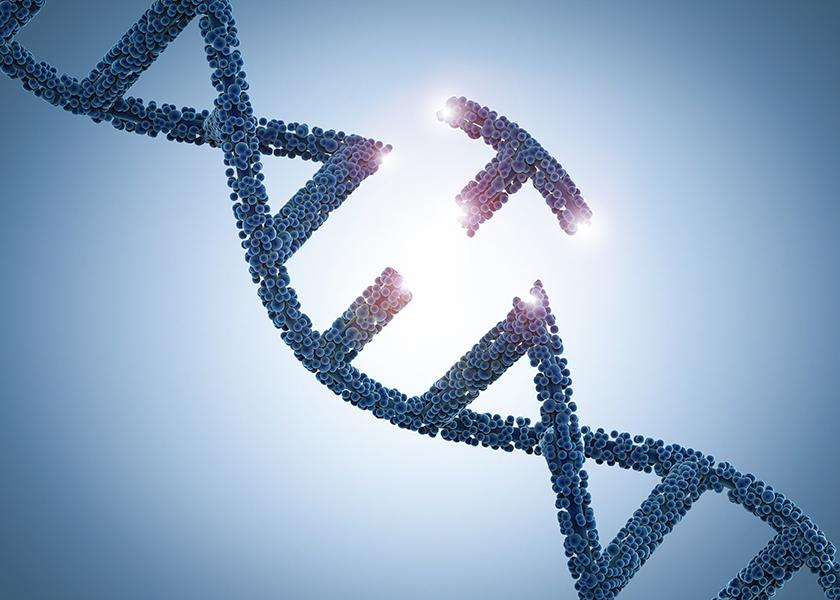FDA Approves ‘First-of-its-Kind’ Intentional Genomic Alteration in Pigs

The U.S. Food and Drug Administration approved a first-of-its-kind intentional genomic alteration (IGA) in a line of domestic pigs on Monday. These pigs, referred to as GalSafe pigs, may be used for food or human therapeutics, according to an FDA release. This is the first IGA in an animal that the FDA has approved for both human food consumption and as a source for potential therapeutic uses.
“Today’s first-ever approval of an animal biotechnology product for both food and as a potential source for biomedical use represents a tremendous milestone for scientific innovation,” FDA Commissioner Stephen M. Hahn, M.D., said in a release. “Today’s action underscores the success of the FDA in modernizing our scientific processes to optimize a risk-based approach that advances cutting-edge innovations in which consumers can have confidence.”
The National Pork Producers Council has been calling for White House support to move authority over genetic editing in livestock to the USDA.
“Though these animals were not produced through gene editing, it still highlights the importance of ensuring proper regulation. NPPC remains firm that, in order for the tremendous potential of gene editing to be safely and readily available to U.S. farmers, regulatory authority for all agricultural applications of these new technologies has to be consolidated at the USDA.”
In a Farm Journal’s PORK column, Kovich noted that breeding healthier livestock utilizing gene editing has the potential to result in a more sustainable food supply, a healthier U.S. population and less food-borne illness.
“U.S. hog farmers operate a highly competitive, innovative and efficient pork production system that is the envy of the world. If the FDA emerges victorious in its regulatory overreach, pork producers and American farmers will lose the ability to compete, as their counterparts abroad gain a tremendous competitive advantage,” Kovich wrote. “The U.S. pioneered these technologies, and we are in real danger of handing them off to our global competitors.”
What are GalSafe Pigs?
According to the FDA, IGA in GalSafe pigs is intended to eliminate alpha-gal sugar on the surface of the pigs’ cells. People with Alpha-gal syndrome (AGS) may have mild to severe allergic reactions to alpha-gal sugar found in red meat.
GalSafe pigs have the potential to provide a source of porcine-based materials to produce human medical products that are free of detectable alpha-gal sugar. FDA says GalSafe pigs could potentially be used as a source of medical products, such as the blood-thinning drug heparin, free of detectable alpha-gal sugar. Tissues and organs from GalSafe pigs could potentially address the issue of immune rejection in patients receiving xenotransplants, as alpha-gal sugar is believed to be a cause of rejection in patients.
As part of its review, FDA concluded that food from GalSafe pigs is safe to eat. No animal safety concerns were noted for GalSafe pigs beyond those that would be expected in well-managed, commercial swine operations. The microbial food safety risk is low and is mitigated by the low number of GalSafe pigs entering the food supply and the ongoing surveillance for antimicrobial resistance, among other factors.
The FDA granted approval of the IGA in GalSafe pigs to Revivicor Inc. The product developer said it intends to sell meat from GalSafe pigs initially by mail order, rather than in supermarkets.
More from Farm Journal's PORK:
Ag Needs White House Support on Gene-Edited Livestock Oversight
Gene Editing Promise Stalled at FDA
FDA Pushes Back Over Gene Editing Concerns from Pork Industry
Gene Editing Development Stalled; NPPC Renews Call for USDA Oversight







